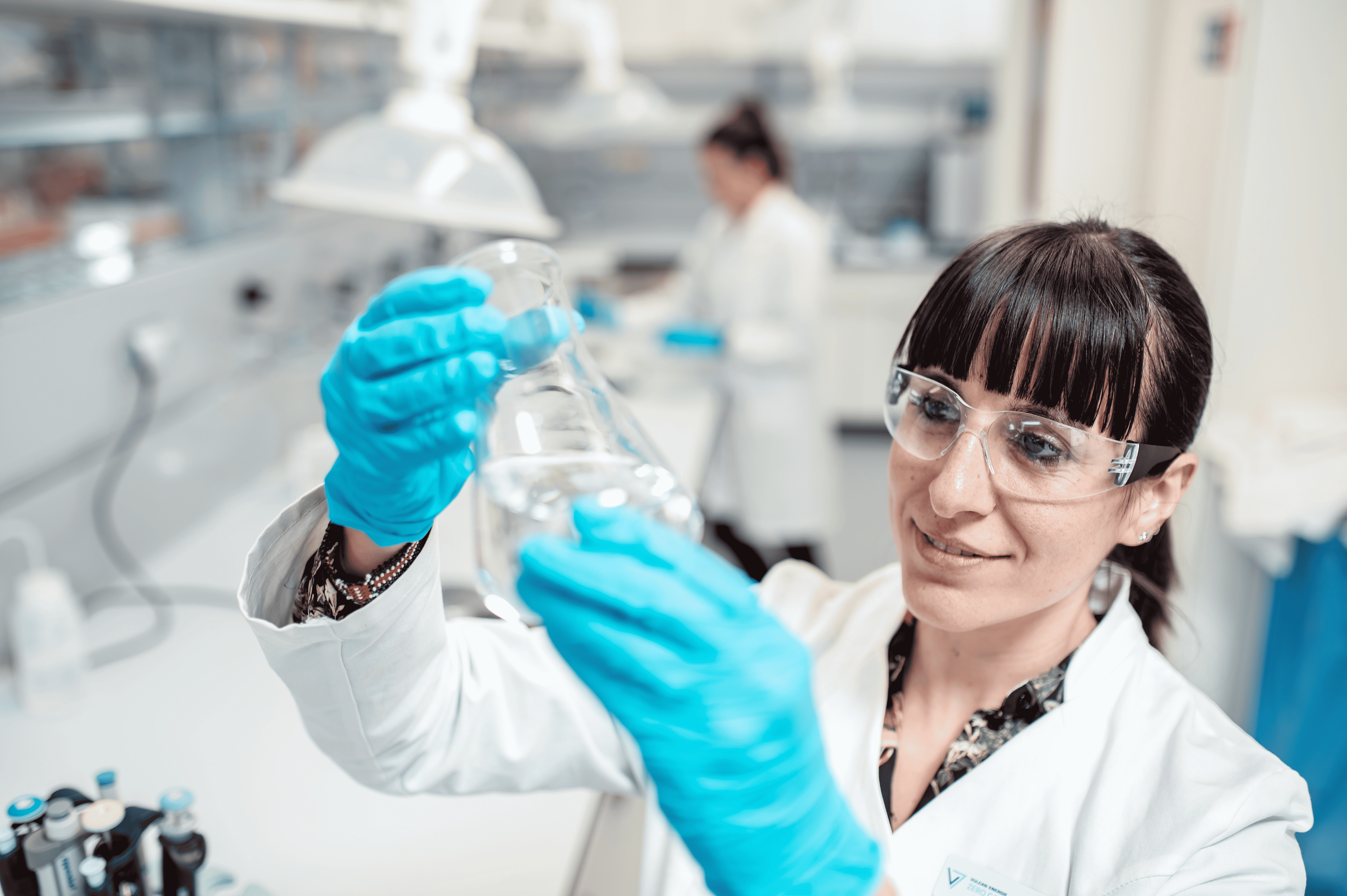
Nobian, a leader in essential chemicals, and Vulcan, an Australian mining company developing its world-first Zero Carbon Lithium and renewable energy project, have signed an agreement to assess the feasibility of producing lithium hydroxide from lithium chloride in Germany. Lithium is a key ingredient for the fast-growing European battery and Electric Vehicles (EV) market.
Strategic partnership
Through this partnership, Nobian will employ its electrolysis and chloride production expertise to generate lithium hydroxide from lithium chloride, in cooperation with Vulcan. To do so, Nobian will host and facilitate an electrolysis and crystallization demo plant at its site in Frankfurt, close to the Vulcan geothermal-lithium reservoir sites to extract lithium chloride. The demo plant will be operated by Vulcan in collaboration with Nobian and is planned to be operational later this year. Vulcan and Nobian will also discuss chlorine and hydrogen offtakes, which are by-products of the electrolysis process, and jointly assess the feasibility for a commercial lithium plant.

Fast-growing European EV and Lithium market
By signing the agreement, both companies are strengthening their position in the lithium market to supply Europe’s significantly growing battery and EV market. The agreement adds value by combining Nobian’s long-standing expertise in chloride electrolysis with Vulcan’s access to the largest lithium resource in Europe and knowledge of sustainable lithium production, located at the heart of Europe’s battery and EV industry. Roughly two-thirds of all lithium is used in batteries. Vulcan has secured offtake agreements with leading car manufacturers, including Stellantis, Volkswagen, Renault, and others.
Due to the strong demand for EV the EU is the fastest-growing lithium market in the world, without local supply of lithium. The project supports the EU’s ambition to become less dependent on external sources for raw materials and technology, including the creation of European battery factories and local sourcing of Lithium.
Lithium resources in Europe
Lithium transports the electrical energy in a battery and is an essential compound in rechargeable batteries. To be used in EV batteries, lithium chloride will be extracted from Vulcan’s geothermal brine using a Direct Lithium Extraction (DLE) process, which is converted to lithium hydroxide through electrolysis using zero fossil fuels. For this purpose, Vulcan aims to build several geothermal plants, adjacent DLE plants, and a central Lithium Hydroxide plant based upon geothermal-lithium reservoirs in the Upper Rhine Valley area, close to Frankfurt.
Sustainable battery and EV production
The cooperation with Vulcan supports Nobian’s sustainability ambition to become carbon neutral by 2040, and to “Grow Greener Together” with partners. Vulcan’s lithium production is based on a net zero-carbon production process. The cooperation also contributes to European and German climate goals to become climate neutral in 2050 by increasing electric and green mobility.
Nobian and Vulcan
Dr. Jürgen Baune, Vice-President Chlor-Alkali and Managing Director Nobian Germany said: “We are really excited about our cooperation with Vulcan. It will allow Nobian to become a key player in supplying raw materials to the battery industry and to further strengthen our battery raw materials portfolio. Which also includes caustic, hydrochloric acid, and hypochlorite, while we have strong market positions to commercialize the chlorine and hydrogen by-product.”
Vulcan’s Managing Director, Dr. Francis Wedin commented: “This agreement with one of the largest chlor-alkali producers in Europe bolsters the operational experience and expertise in electrolysis production within the Zero Carbon Lithium™ Project team. Our partnership with Nobian is part of our strategy to capitalize on synergies created by working with existing chemical producers. Nobian’s experience will contribute to reaching our goal of starting production from our Zero Carbon Lithium Project in 2024.”








